Employees Are Looking For More: The Shift In Employee Expectations
- Team Sedna

- Sep 17, 2020
- 3 min read
Updated: Feb 7, 2024

The majority of today’s workforce comprises of Generation Z and Millennial workers, people who perceive their jobs differently from the employees who primarily worked two decades ago. Rather than taking a job solely to bring home income, they instead look for a career that expresses their passion and becomes a part of their identity. Since the typical American spends one-third of their life at work, it is reasonable that employees expect support and respect from their employers. This pandemic has shown us that businesses are capable of changing their operations after taking an unexpected hit; this means that they should be able to tend to their employees’ expectations similarly.
According to The Employee Expectations Report of 2020 by Peakon, a platform that collects employee feedback and turns it into insights, employees have four significant expectations. In addition to these, Sedna gathered several practical and applicable suggestions for employers to engage with their employees and reduce the expectation gap effectively.
1. Incentivize environmentally-friendly practices and hold management accountable.
Reports show that employees’ survey responses on environmental concerns increased by 52% in 2019. Employees expect their employers to be more environmentally responsible for the considerable influence on people and their impact on the world.
As an employer who prioritizes going green, you can start with achievable steps such as creating a paperless workplace, promoting a recycling program, and encouraging sustainable transportation. By implementing sustainable initiatives, your employees will see your willingness to take tangible actions to protect our environment. It could be a critical factor that increases employee loyalty to your company.
2. Offer flexible work hours.
Based on a recent survey that Peakon used for this report, an overwhelming 99% of employees prefer working remotely if the option is available. Of these employees, Generation Z and Millennials actively participated in a discussion on work flexibility. The outcome of this discussion was that people appreciate employers who grant them freedom and autonomy at the workplace. More and more people are beginning to expect this kind of flexibility from their employers. For employees who work on a flexible schedule, redefining productivity would help them quickly adapt to working. You can achieve this by making small rearrangements such as minimizing unnecessary meetings and setting reasonable deadlines to give employees more time and control to adjust and manage their work-life balance.
3. Show an understanding of productivity under the new normal.
Due to COVID-19, non-essential employees must work from home and are offered remote work that they have always expected. However, this convenience has led to a new challenge. Communication isn’t as instant as it used to be, and employees cannot send work updates to their superiors too frequently. With having to juggle work and personal life under the same roof, employees are concerned that their company doesn’t understand that the pandemic affects their productivity. They expect their employers to provide additional support in helping them be more productive at home.
To mitigate their concern and create a supportive environment, employers must recognize the challenges of working from home and continue to provide plentiful guidance and resources for employees to be successful. On top of that, setting up policies to redefine productivity under particular circumstances (e.g., COVID-19) allows employees to manage and schedule work on their terms, so they will focus on tasks at the right time instead of wasting time worrying that their productivity isn’t understood.
4. Prioritize employee wellness.
For the past few years, employees have shown interest in health and well-being due to stress and illnesses from heavy workloads. Ever since the Coronavirus outbreak, this interest in wellbeing has now become their top priority when it comes to working. Employees expect employers to take adequate actions to invest in their wellbeing and maintain their health on physical, mental, emotional, and psychological levels. During this challenging time, employers are not only responsible for taking adequate steps to protect their staff from infections, but also giving as much guidance and support as they can to help workers get through the crisis.
Beyond sanitizing work areas frequently and encouraging remote working for non-essential workers, it is also crucial to continue focusing on employees’ human needs. You can share wellness resources with employees and invite speakers from relevant fields to help employees cope with stress and negative emotions.
In a world where changes are inevitable, a good employer should be fully prepared to evolve employee expectations and improve accordingly. With a better understanding of what employees want, you can create a workplace that attracts and retains the best talent.





Comments